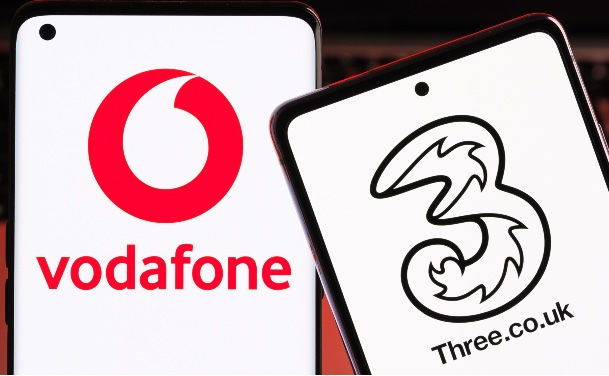Physical Address
304 North Cardinal St.
Dorchester Center, MA 02124
Physical Address
304 North Cardinal St.
Dorchester Center, MA 02124

BT has torn apart the proposed Vodafone and Three merger in its response to the Competition and Markets Authority investigation into the planned merger and driven a coach and horses through any claim that the deal would be good for consumers.
BT claims a merged network would have a disproportionate share of capacity and spectrum and says this is unprecedented in UK and Western European mobile markets. It argues that the merger will result in lower levels of investment in MBNL, the network-sharing joint venture owned by EE and Three, as Vodafone would have access to commercially sensitive information about BT’s investment plans. BT says this would “result in direct harm to BT’s ability to compete, through the Merged Entity’s participation in MBNL.”
BT asserts that the efficiencies claimed for the merger by Vodafone and Three were unsubstantiated and will not be passed on to UK consumers in the form of lower prices or greater investment.
In the executive summary of its submission, BT states:
“Overall, BT believes that the combination of extreme capacity and spectrum asymmetry arising from the Merger, along with the unprecedented access that the Merged Entity will have to BT’s (as well as to VMO2’s) strategic investment plans, and the Merged Entity’s ability and incentive to disrupt the effective functioning of MBNL, will give rise to a substantial lessening of competition in UK mobile telecoms markets, ultimately resulting in higher prices, poorer network quality, and reduced incentives to invest—all to the detriment of UK consumers. BT agrees with the CMA’s findings in its Phase 1 Decision that the Merger raises serious competition concerns.”

BT says the Merger will create a network with a dominant 61 percent share of UK mobile network capacity (spectrum and cell sites combined).
“As a result, the Merged Entity would be able to credibly threaten to deploy capacity strategically to undermine the business case and therefore reduce the incentive for rivals to invest in their respective mobile networks. Knowing this, the Merged Entity is likely to withhold rather than invest in deploying its own capacity, potentially resulting in levels of investment, innovation, and quality materially lower than would be the case absent the Merger” claims BT.